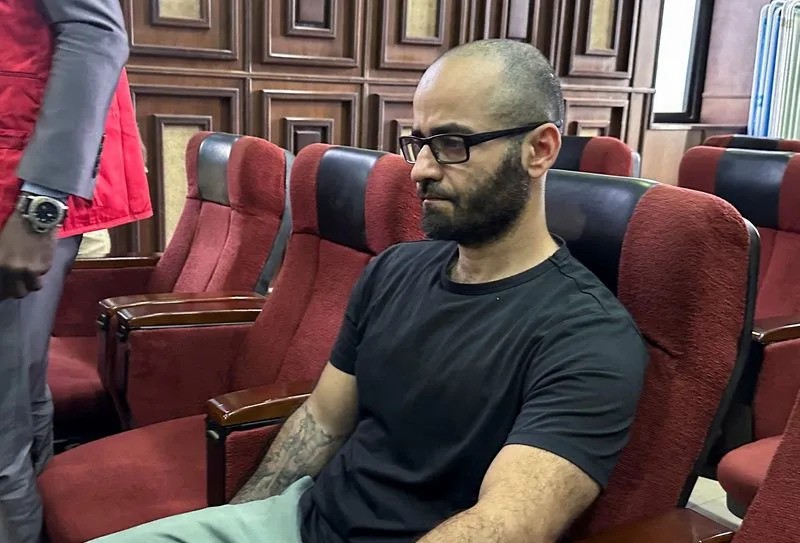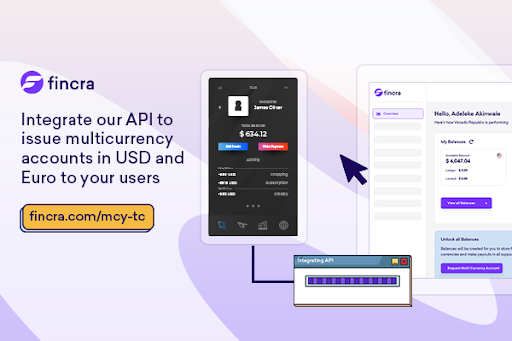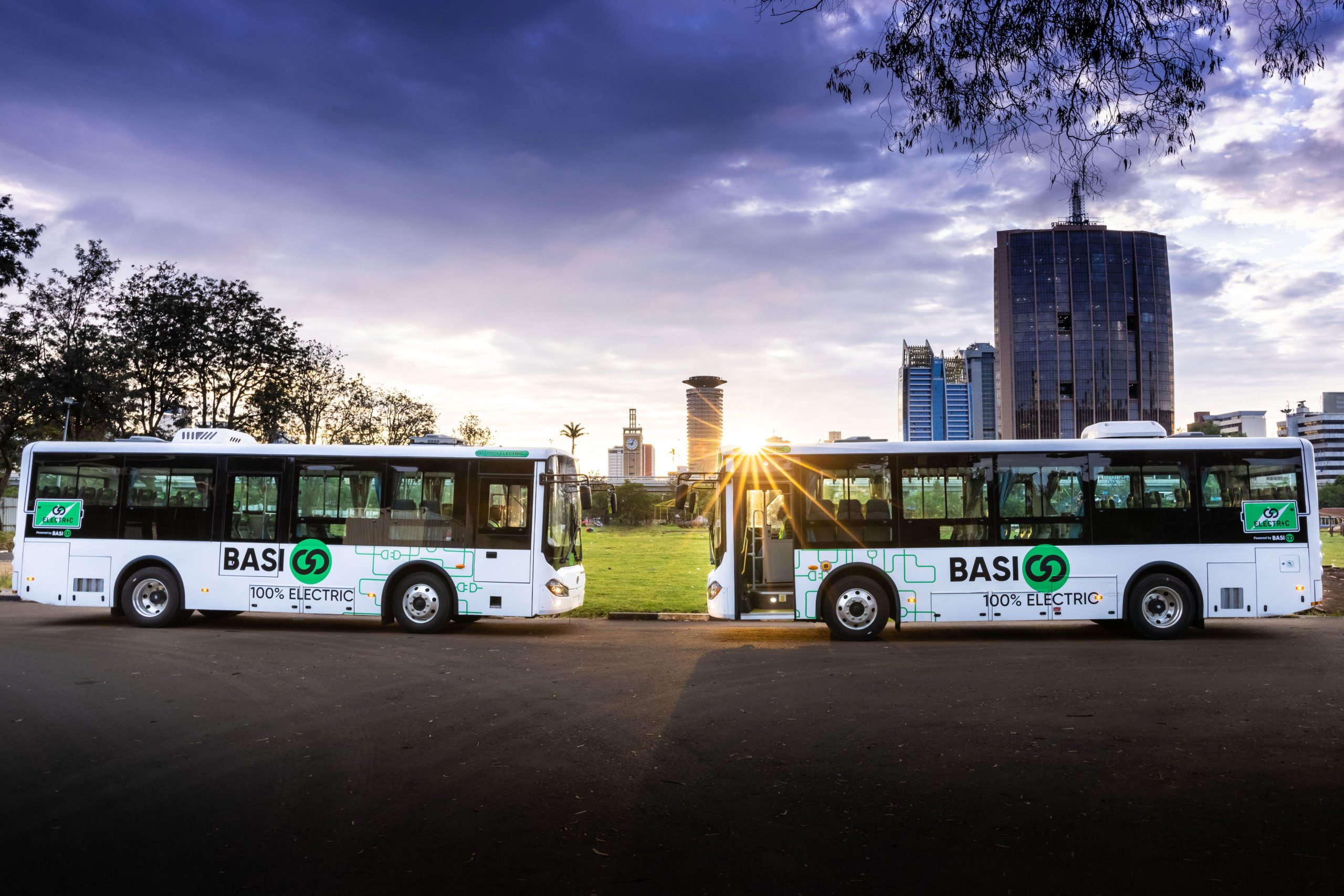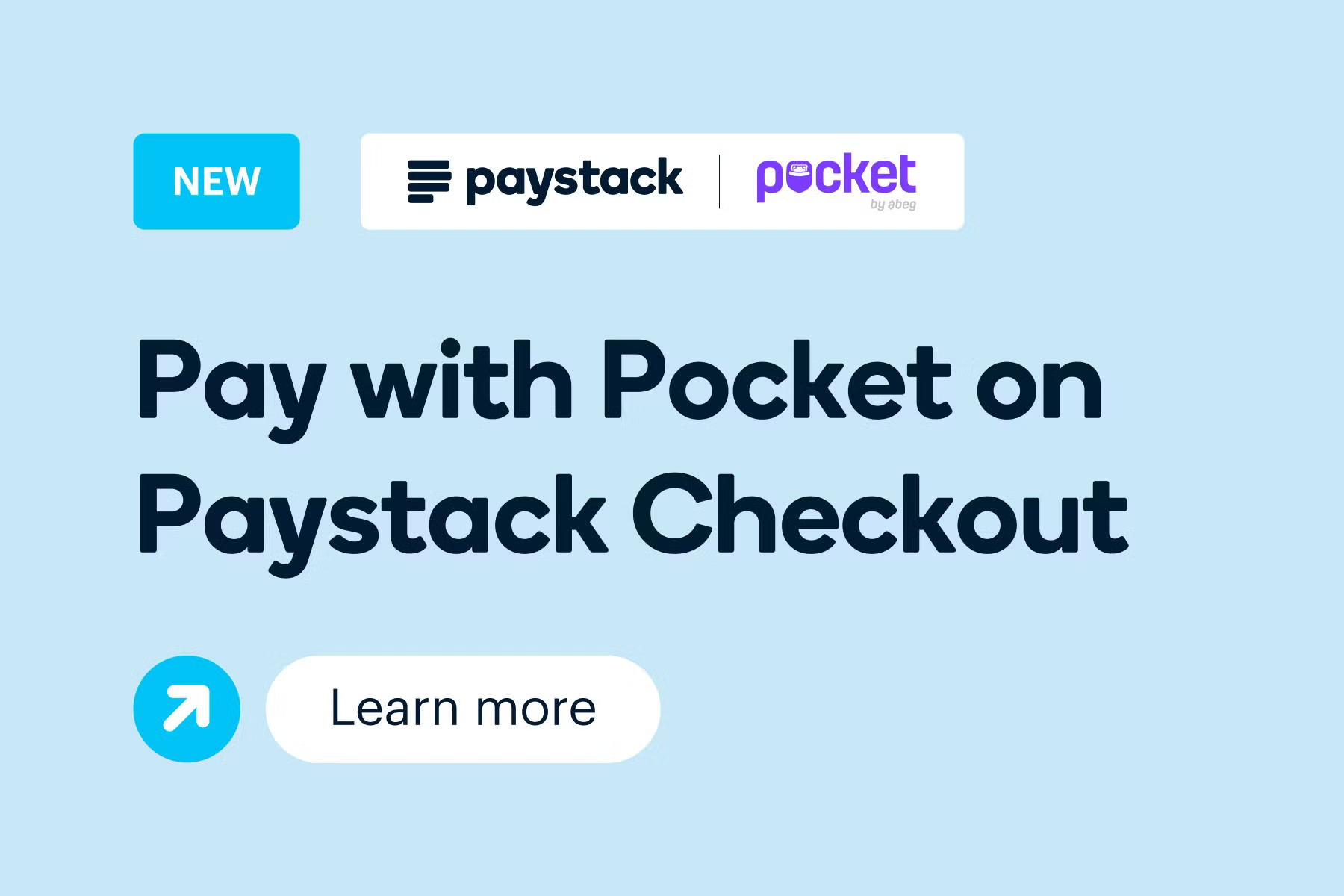

Happy pre-Friday!☀️
Here’s to the TC Daily reader that gave us a headline suggestion. We see you, Afeez!
Apple could stop producing the Vision Pro next month. The device which retails at $3,500 has seen less demand and suppliers have stopped manufacturing some of the components critical to the device. Apple hinted earlier this year that it was making a new and cheaper model which could be set for release by the end of 2025.

Banking
Nigeria’s biggest banks will spend $50 million on core banking software

“Your organisation is just a vessel to deliver maximum value to shareholders,” goes a joke that I enjoy. Very few companies understand this like Nigerian banks, as they continue to crank out eye-popping profits in an economic downturn.
Profits aren’t the only trend in banking.
If you use a tier-1 bank (First Bank, UBA, GTBank, Access Bank, Zenith), you may have experienced hair-pulling moments in the last few months. Almost like the banks had a conference and decided to make our lives miserable, several banks coincidentally decided to change their core banking software around the same time.
As we’ve said in this article, these changes are big deals from a technical standpoint. We also don’t need to tell you how badly timed they are, given that this is salary week.
Instead, we’ll tell you how much these changes cost the banks.
One person with direct knowledge of the cost told me tier-1 banks will spend at least $10 million yearly on these core banking software, implying an aggregate spend of $50 million (₦82 billion). That is a lot of billions.
Yet, it’s a drop in the bucket for these uber-profitable banks. ₦82 billion is just 1% of the ₦8.52 trillion gross earnings reported by these five banks in H1 2024.
However, technology costs go beyond core banking software. There are cloud costs, other storage costs, and a ton of expensive software to spend money on. According to their capital raise presentations, three of Nigeria’s biggest banks—GTCO, Access, and Zenith—already plan to spend up to ₦224.22 billion ($136 million) on technology upgrades.
One word: wowza!
Read Moniepoint’s Case Study on Funding Women

After losing their mother, Azeezat and her siblings struggled to keep Olaiya Foods afloat. Now, with Moniepoint, they’re transforming Nigeria’s local buka scene. Click here for a deep dive into how Moniepoint is helping her and other women entrepreneurs overcome their funding challenges.
Crypto
Nigeria drops charges against Binance executive

After nine months in detention, Nigeria dropped all the charges against Tigran Gambaryan, a Binance executive arrested alongside his colleague Nadeem Anjarwalla in February.
In one of the most bizarre episodes, Anjarwalla and Gambraryan were arrested after arriving in Abuja to resolve a fracas between Binance and the Nigerian government. While they were given assurances about their safety before travelling to Nigeria, they were arrested almost as soon as they landed, one publication said.
In January, Nigeria decided crypto exchanges were the problem after its free float of the naira did not yield the intended results. While volatility was expected, the naira quickly dropped to ₦800 against the greenback. In a particularly tumultuous week in February, it dropped to ₦1,200.
The Central Bank argued that Binance, one of the biggest crypto exchanges, encouraged currency manipulation and price fixing. It restricted access to their website and asked Nigeria-based crypto exchanges to delist the USD/Naira pair.
While that seemed to work for a while, the naira has only continued its slide since May, trading at ₦1,700 against the dollar at the time of this newsletter.
It cast the continued detention of Gambaryan, who was denied bail twice, as even more pointless. Not only was he merely a Binance representative who couldn’t be tried in place of his company, but it was clear Nigeria’s FX issues went deeper than crypto companies.
At least two publications have shared that some behind-the-scenes diplomacy involving US Secretary of state Anthony Blinken made Gambaryan’s release possible. It took a while but I’m glad this particularly embarrassing episode is over.
Issue USD and Euro accounts with Fincra

Whether you run an online marketplace, a remittance fintech, a payroll, a freelance platform or a cross-border payment app, Fincra’s multicurrency account API allows you to instantly create accounts in USD and EUR for customers without the stress of setting up a local account. Get started today.
Startups
Kenya’s BasiGo raises $41.5 million in series A funding

In yet another sign that electric vehicles are deepening their inroads into East Africa, BasiGo, the Kenyan electric bus maker, has announced a $41.5 million fundraise as part of its Series A round. $24 million of the amount raised is equity funding while $17.5 million is debt.
BasiGo, which launched in 2021 allows commercial drivers to use its buses without needing to pay a huge lump sum upfront. Instead, it leases these buses to drivers who pay agreed sums when they hit certain mileage milestones.
In 2023, BasiGo drivers covered over 540,000 miles with only 119 buses available, an average of 4,543 miles per driver. That level of stickiness has convinced investors that BasiGo is onto something, and new funding will help the company expand its fleet from 119 to 1,000 buses.
Why is e-mobility working in Kenya?
Availability of options and operational efficiency. When BasiGo first entered the Kenyan market, it imported electric buses from BYD, the Chinese EV giant. The idea was to study BYD’s technology and replicate it in Kenya.
As it grew, it expanded its supplier base to include automakers like BLK, Zhongtong, and Higer. The culmination of its learnings from these bus-makers led to its E9 Kubwa buses which are now assembled at the KVM plant in Thika, Kenya.
Additionally, due to the planned routes in Nairobi that drivers take, BasiGo is able to monitor the roads the buses take and provide charging stations along those routes, thus helping to maintain the buses.
The electric bus-maker is not shy about its expansion plans, having seen some success in Kenya. In 2023, BasiGo entered Rwanda. One of its investors in this round, Mobility54 is the corporate venture capital (CVC) arm of Toyota Group—that houses Toyota Tsusho Corp and Toyota Motors—highlighting the lingering interest of Chinese CVCs in the growing African e-mobility market.
Introducing Pay with Pocket on Paystack Checkout

Paystack merchants in Nigeria can now accept payments from PocketApp’s 2 million+ customers. Learn more →
CRYPTO TRACKER
The World Wide Web3
Source:

|
Coin Name |
Current Value |
Day |
Month |
|---|---|---|---|
| $67,381.93 |
+ 0.34% |
+ 6.77% |
|
| $2,553.44 |
– 2.36% |
– 2.80% |
|
|
$0.00249 |
– 25.44% |
+ 506.16% |
|
| $173.34 |
+ 4.75% |
+ 18.55% |
* Data as of 06:20 AM WAT, October 24, 2024.
Opportunities
- Nearly 200 startups, including those from Nigeria, are vying for top honours in the world’s largest pitch competition, Supernova Challenge 2.0. With a $200,000 prize pool and a top prize of $100,000, it’s a great opportunity for innovative ideas to gain recognition. Startups will be judged on their market opportunity, business model, and traction. Don’t miss this opportunity to pitch your idea to global investors and win equity-free funding. Apply now and take your startup to the next level!
- The Growth4Her Accelerator is open for women that want to take their businesses to the next level. Get expert mentoring, networking, and access to alternative financing options for your SMB. Apply for Cohort 4.
- Applications are open for the 2025 Acumen West Africa Fellows Programme, a fully funded opportunity for emerging leaders in West Africa. This six-month hybrid program supports individuals who are committed to solving poverty through entrepreneurship in sectors like education, agriculture, energy, and healthcare. Participants remain in their jobs while engaging in virtual and in-person learning experiences designed to build their leadership skills. Apply by November 25.
- Applications are open for the 2025 Google for Startups Growth Academy: AI for Cybersecurity, a three-month hybrid program for Seed to Series A startups using AI to tackle cybersecurity challenges. Selected startups will receive equity-free support, mentoring from Google experts, and tools to scale internationally. The program includes in-person kickoff and graduation sessions, along with continuous mentorship and technical consulting. Apply by December 3.
- Applications are open for the 2024 FirstBank Fintech Innovators Pitch Programme, supporting early-stage fintech startups. The program offers training, mentorship, and the chance to pitch solutions to FirstBank, investors, and industry leaders at the Fintech Summit on November 13-14, 2024. Winners will receive support and resources to bring their products to market. Apply by October 27.
Issue virtual USD cards for you and your customers

Do you want to issue virtual USD cards for your customers and business expenses? Use Kora’s APIs to issue cards, customise your card program, and set your customers’ funding limit to your risk level. Get started here.

Written by: Ganiu Oloruntade, Faith Omoniyi, and Emmanuel Nwosu
Edited by: Olumuyiwa Olowogboyega
Want more of TechCabal?
Sign up for our insightful newsletters on the business and economy of tech in Africa.
- The Next Wave: futuristic analysis of the business of tech in Africa.
- Entering Tech: tech career insights and opportunities in your inbox every Wednesday at 10 AM WAT.
- TC Scoops: breaking news from TechCabal
P:S If you’re often missing TC Daily in your inbox, check your Promotions folder and move any edition of TC Daily from “Promotions” to your “Main” or “Primary” folder and TC Daily will always come to you.























